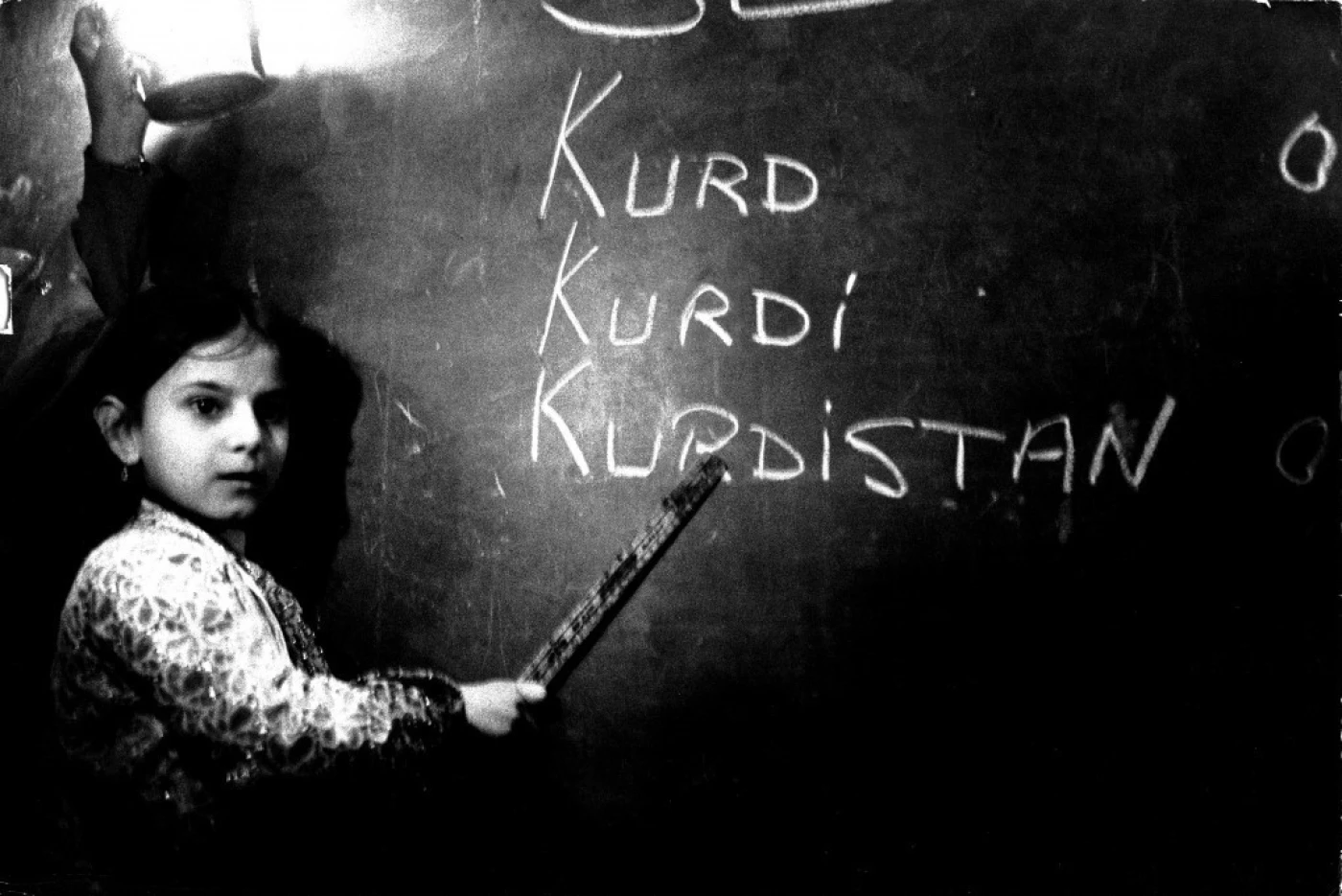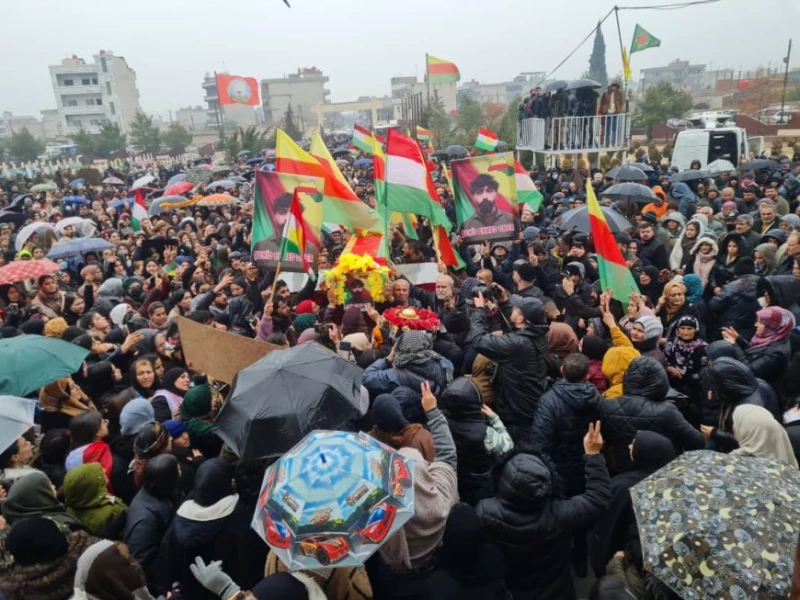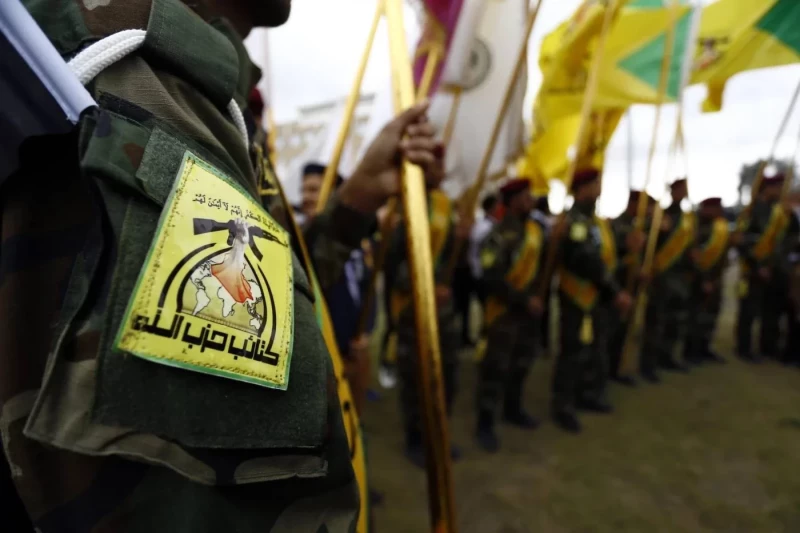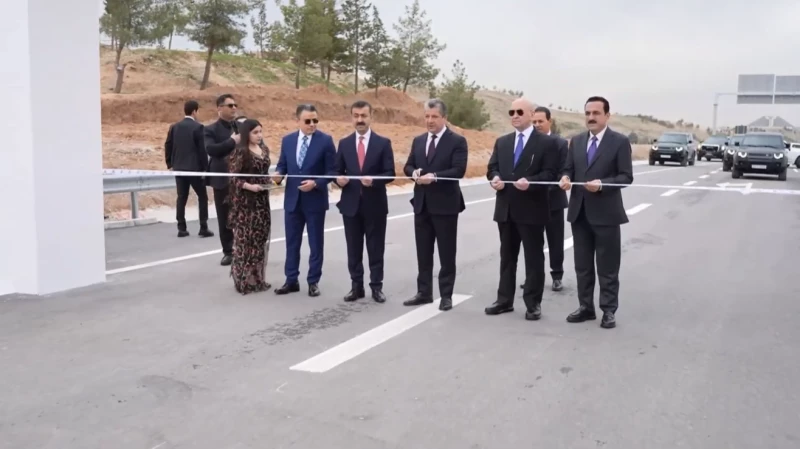ERBIL, Kurdistan Region of Iraq - The Kurdistan Region’s top officials marked International Mother Language Day on Friday, emphasizing the need to preserve and develop the Kurdish language as a core component of the Kurdish national identity.
Kurdistan Region Prime Minister Masrour Barzani congratulated all Kurds on the occasion, deeming the language’s development “a duty” of all Kurds, especially governmental institutions.
“Our language is an important foundation of our national identity,” he wrote on X.
The Kurdish premier emphasized the Kurdistan Regional Government’s (KRG) commitment to paying attention to the languages of all ethnic communities of Kurdistan.
Article 4 of the 2005 Iraqi constitution defines Kurdish as one of the two official languages of the country alongside Arabic. It is also recognized as an official language in northeast Syria’s Kurdish enclave (Rojava), and a as a minority language in Armenia.
Kurdistan Region President Nechirvan Barzani also marked the occasion with a post, using two different Kurdish dialects: Sorani and Badini.
“Our language is our existence,” wrote Nechirvan Barzani, stressing the need to develop the Kurdish language, and the other languages spoken by the different components of Kurdistan.
“Language is an essential component of our national and cultural identity. We must protect it in every way and give due importance to its development,” he added.
The Kurdish language has many dialects, most notably Northern Kurdish (Kurmanji), Central Kurdish (Sorani), and Southern Kurdish (Palewani). The exact number of Kurdish speakers around the world remains unknown, but it is estimated to be between 26 to 30 million.
The United Nations on Friday said that many languages around the world at risk of disappearing “due to globalization and societal changes,” emphasizing that it is “crucial” for education systems to support the right to learn in one’s mother tongue, while also highlighting the benefits of multilingual education in contributing to “more inclusive and equitable societies.”



 Facebook
Facebook
 LinkedIn
LinkedIn
 Telegram
Telegram
 X
X


